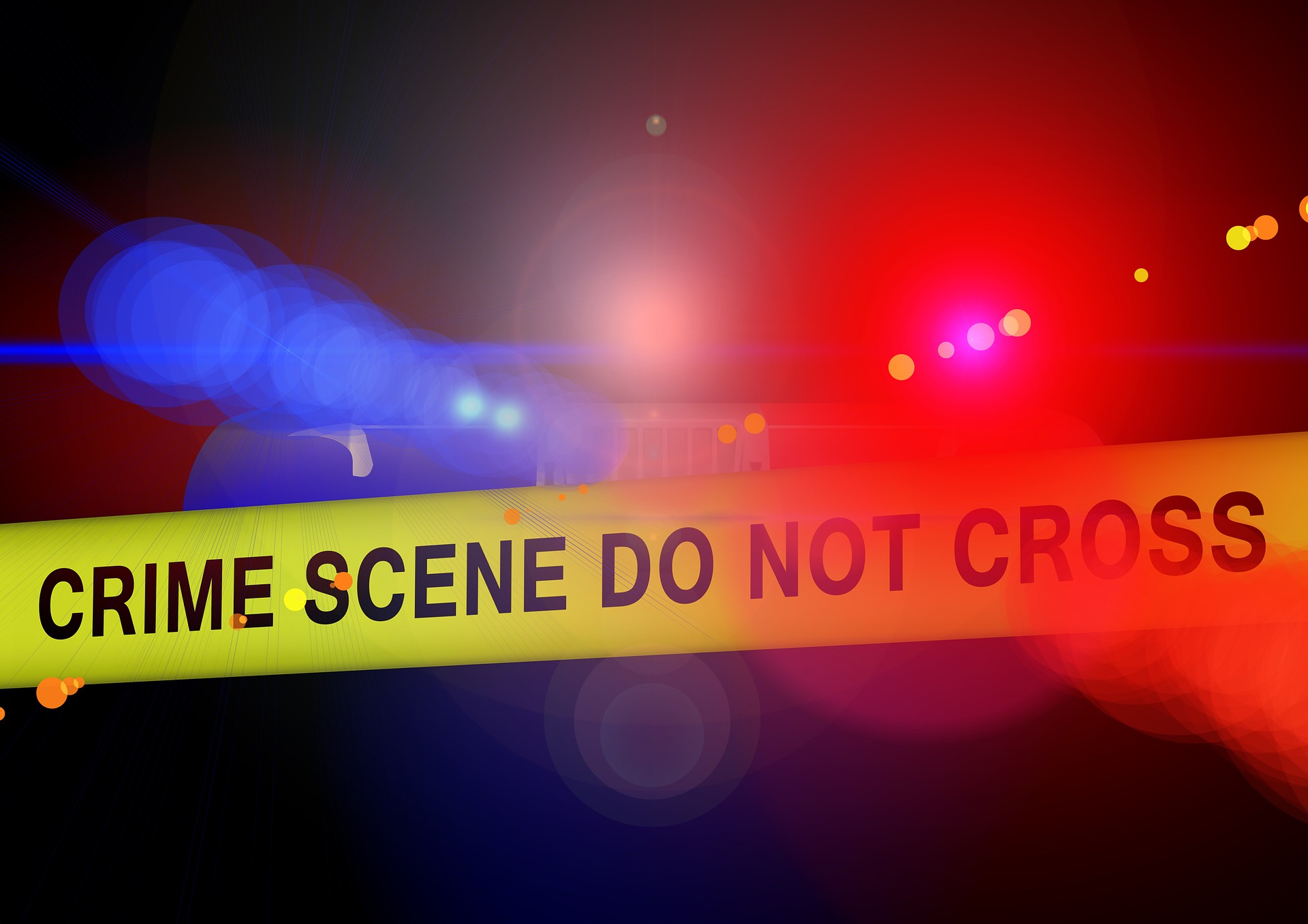New Ruling Allows for Secret Recording of Public Officials Engaged in Public Duties in Public Places
 As we have previously discussed on this blog, the Massachusetts wiretap statute makes it a crime to “secretly record” any person without their consent. The law has been used to prosecute and convict people who secretly record police activities. In Martin v. Gross and Project Veritas Action Fund v. Conley, an individual and a public-interest organization challenged the statute on First Amendment grounds. Chief Judge Saris of the U.S. District Court agreed with the challengers. In a decision published on December 10 of last year, Judge Saris held that the statute was unconstitutional insofar as it prohibited the secret recording of public officials (including police) engaged in their official duties in a public place. Police, and other public officials in Massachusetts, must now assume that their acts and statements are being recorded, whether they are told so or not.
As we have previously discussed on this blog, the Massachusetts wiretap statute makes it a crime to “secretly record” any person without their consent. The law has been used to prosecute and convict people who secretly record police activities. In Martin v. Gross and Project Veritas Action Fund v. Conley, an individual and a public-interest organization challenged the statute on First Amendment grounds. Chief Judge Saris of the U.S. District Court agreed with the challengers. In a decision published on December 10 of last year, Judge Saris held that the statute was unconstitutional insofar as it prohibited the secret recording of public officials (including police) engaged in their official duties in a public place. Police, and other public officials in Massachusetts, must now assume that their acts and statements are being recorded, whether they are told so or not.
While recordings of police activity has played a role in the scrutiny of police at least since the Rodney King video in Los Angeles in 1991, sound recordings in Massachusetts have long been illegal even of police arrests, or politician’s public speeches. Judge Saris noted in her opinion that this fact was highlighted in Boston police training materials, officers were instructed on when they could arrest people recording them, and people were prosecuted. So not only was the law on the books making it illegal to make secret recordings of police, that law was being aggressively used by police to prevent and punish such recordings. At the same time, the ubiquity of sophisticated smart phones has put video and audio recorders in everyone’s pocket, and the rise of Black Lives Matter has increased scrutiny, and the desire to record, police encounters, especially in minority communities where there was historically little scrutiny of police actions.
Litigation was inevitable. In the Martin v. Gross and Project Veritas Action Fund v. Conley decision, Judge Saris started with two First Circuit Court of Appeals cases, Glik v. Cunniffe, decided in 2011, and Gericke v. Begin, decided in 2014. Those cases held that the First Amendment protects both the gathering and disseminating of information – so not only speech, but listening as a prelude to speech, is constitutionally protected. In Glik, the Court found that the filming of public officials in a public place was First Amendment activity. In Gericke, the Court held that police could restrict recording only if they could “reasonably conclude” that it interfered with the performance of their duties.
Both cases involved open, as opposed to secret, recording. But Judge Saris started from their finding that citizens have a First Amendment right to record public officials engaged in their official duties in public spaces. She then applied the First Amendment requirements for a statute that imposes restrictions on protected speech: whether the statute is “narrowly tailored” to serve a “significant government interest.” The police and district attorney identified the government interest as protecting the privacy of both private citizens and public officials, with notice allowing officials to “respond appropriately” to the fact of being recorded. Judge Saris agreed with the plaintiffs that allowing officials notice so they can change their behavior when being recorded defeats the purpose of recording, which is to monitor and provide the public with information about how public officials are performing their duties. She also agreed that public officials engaged in their public obligations in public places have a substantially lower privacy interest in those activities than private citizens do. Because their diminished privacy interests are balanced against the First Amendment right to gather and disseminate information, the law prohibiting secret recordings is not narrowly tailored to protect that substantially reduced privacy interest. And, she noted, where the privacy of others, such as crime victims or informants, is at stake, the police can take reasonable steps to restrict access where it would impair the appropriate performance of their duties.
Judge Saris noted some open issues. Her decision is limited to public places, which she noted does not necessarily include private spaces open to the public (such as a restaurant). So, it may remain a crime to secretly record police in a restaurant or mall, even if they are performing their public duties. Also, the scope of “public official” is not determined, although police clearly fall within that scope (but perhaps, although the case does not say, librarians do not). Nonetheless, this ruling clearly enables private citizens and public interest groups to record, without notice or permission, the activities of police in patrolling public spaces and interacting with the public, and the activities of political figures and prominent appointed public officials making speeches or carrying out other public duties in public places. Both groups will going forward have to assume their public acts in public places are going to be recorded and disseminated.
If you are facing criminal prosecution for violating this law, whether you were recording a private citizen or a police officer, please contact us or call our office at 617-742-6020.
 Boston Lawyer Blog
Boston Lawyer Blog






